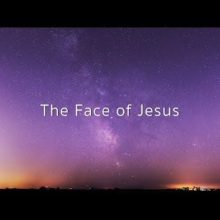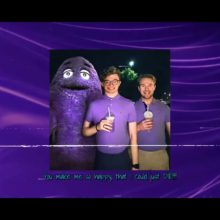Christmas music comprises a variety of genres of music normally performed or heard around the Christmas season. Music associated with Christmas may be purely instrumental, or in the case of many carols or songs may employ lyrics whose subject matter ranges from the nativity of Jesus Christ, to gift-giving and merrymaking, to cultural figures such as Santa Claus, among other topics. Performances of Christmas music at public concerts, in churches, at shopping malls, on city streets, and in private gatherings is an integral staple of the Christmas holiday in many cultures across the world.
Music associated with Christmas is thought to have its origins in 4th century Rome, in Latin hymns such as Veni redemptor gentium. By the 13th century, under the influence of Francis of Assisi, the tradition of popular Christmas songs in regional native languages developed. Christmas carols in the English language first appear in a 1426 work of John Awdlay, an English chaplain, who lists twenty five “caroles of Cristemas”, probably sung by groups of ‘wassailers’ who would travel from house to house. In the 16th century, various Christmas carols still sung to this day, including “The 12 Days of Christmas”, “God Rest You Merry, Gentlemen”, and “O Christmas Tree”, first emerged.
The Victorian Era saw a surge of Christmas carols associated with a renewed admiration of the holiday, including “Silent Night”, “O Little Town of Bethlehem”, and “O Holy Night”. The first Christmas songs associated with Saint Nicholas or other gift-bringers also came during 19th century, including “Up on the Housetop” and “Jolly Old St. Nicholas”. Many older Christmas hymns were also translated or had lyrics added to them during this period, particularly in 1871 when John Stainer published a widely influential collection entitled “Christmas Carols New & Old”. Few notable carols were produced from the beginning of the 20th century until the Great Depression era of the 1930s, when a stream of songs of often American origin were published, most of which did not explicitly reference the Christian nature of the holiday, but rather the more secular traditional Western themes and customs associated with Christmas. These included songs aimed at children such as “Santa Claus Is Comin’ to Town” and “Rudolph the Red-Nosed Reindeer”, as well as sentimental ballad-type songs performed by famous crooners of the era, such as “Have Yourself a Merry Little Christmas” and “White Christmas”, the latter of which remains the best-selling single of all time as of 2017.
Popular Christmas music produced from after World War II until the present day has generally remained thematically, lyrically, and instrumentally similar to the songs produced in the early 20th century. Since the dawn of the rock era in the mid-1950s, much of the Christmas music produced for popular audiences has had explicitly romantic overtones, only using Christmas as a setting. Exceptions such as “The Christmas Shoes” (2000) have re-introduced Christian themes as complementary to the secular Western themes, and a plethora of traditional carol cover versions by various artists have explored virtually all music genres.
Check More at http://alturl.com/j7ate







